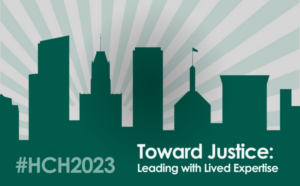People experiencing homelessness experience high rates of alcohol use disorder, estimated to be as high as 40%, and increased morbidity and mortality from alcohol use, as well as increased barriers to treatment including limited financial resources, limited insurance coverage, photo ID requirements, comorbid physical and mental health conditions, and stigma. The most accessible place for treatment is frequently low barrier, primary care clinics that provide homeless healthcare sources, but these treatments are underutilized. This session will provide a clinical overview of the indications and uses of evidence-based treatments for alcohol use disorder, such oral and injectable naltrexone, acamprosate, disulfiram, gabapentin, and topirimate. We will review the conditions under which outpatient treatment of alcohol withdrawal syndrome can be medically managed, and the available treatments, primarily chlordiazepoxide, diazepam, and gabapentin. We will additionally review supportive care for patients for whom abstinence is not the goal, including appropriate screenings, supplementation, and vaccinations. Finally, we will review the evidence base for non-abstinence based treatment, which has been shown to be superior to abstinence-based treatment. Participants will have the opportunity to integrate their knowledge through collaborative case discussions. This session will be presented in the context of the upcoming Adapted Clinical Guidelines for substance use disorders.
Speakers: Sarah Meyers: MD, Brown Addiction Medicine Fellowship
Session Materials:



